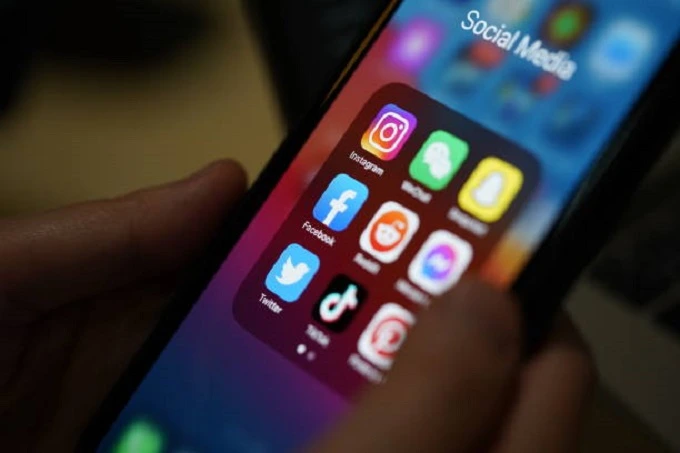What is a reason that has led to the Gen Z generation becoming more lonely?

People born between 1997 and 2012 are members of Generation Z, often known as the Zoomers. The Zoomers, as opposed to earlier generations, actively use high technology and are members of the digital generation. They are expected to be the ones driving science and technology in the future, as well as safeguarding the earth.
But, for the time being, they are too young to have any real influence, and they have a lot of issues with the world. Research conducted in the United States found that only 45% of Generation Z believe they have excellent or decent mental health, the lowest of any previous era. At the same time, 73% of Gen Z say they are lonely occasionally or often. What is the reason for this? This is due to several factors.
1. Information overstimulation
Every year, people’s minds get increasingly overburdened, and our attention spans become shorter and shorter. Work, home duties, careers, social media, a massive flow of information from many influences, and so on surrounding us. These diversions drain most of our cognitive resources, leaving us with nothing to focus on outside of that circle.
Gen Z have a considerably bigger “steal” of resources from themselves since they rely more on social media and the continual flow of information. Overstimulation creates a false sensation of being in the heart of things but gradually leads to greater loneliness.
2. Reduced reliance on interaction
Gen Z children of the digital age differ significantly from previous generations in that they are deeply immersed in the realm of the Internet and high technology. This awareness of important knowledge is good, but it also has a negative side: independence.
Yes, you heard right, we called independence a negative trait that affects feelings of loneliness. The fact is that before, the information was concentrated in different sources, and to get it, you had to communicate with family, friends, colleagues, mentors, and other people. Information is decentralized, and knowledge can be obtained from anywhere worldwide by connecting to the Internet.
Is it good? Undoubtedly, knowledge has become more accessible. However, due to the loss of the teacher-student bond formed over thousands of years, people have less and less need for each other, as many social interactions used to be dictated by need rather than desire.
Because of the loss of these ties, the need to go to others for help first, and then for the rest of our contact, is no longer necessary. Why go to a neighbor to find out how to fix an outlet when you can do it simply by reading an article or watching a video clip? Generation Z has excelled in this regard. Yes, they are indeed more independent because of the availability of information, but they are also more prone to loneliness because the need for many interactions has simply disappeared.
3. Social media life

Before the Zoomers grew up in an era when live communication was essential and social networks did not exist or were beginning to appear. Gen Z, on the other hand, spent their youth and adolescence in a social media-dominated society. They are the most frequent users.
Because it allows us to connect with individuals all over the world from the comfort of our couch, social media is both positive and detrimental. At the same time, they create the comparison trap, in which we compare our lives to those of others, not realizing that their stories are essentially made up. Constant comparisons lead to the depressing conclusion that I am worse than those around me.
Because social media disconnects people from reality and only creates the illusion of normal contact between persons, active users experience more loneliness. This type of mental trickery generates dissonance in our psyche tuned to social connection, leading to a sense of loneliness.
4. Individuality improvement
Zoomers have grown up in a world where being unique and as different as possible is encouraged. This corporate-created mind-control attack has extremely harmful implications.
Whereas community was formerly encouraged not only in socialism but also in capitalist countries, it is now not only discouraged but oppressed in every way. You must be bright and stand out from the crowd so no one can accuse you of being secondary.
As a result, many individuals are different from one another and cannot communicate because of a lack of common ground.
5. Spoiled by entertainment

Previously, entertainment was not as readily available as today, and individuals had to make an effort to fill their free time. Most of the time, entertainment consisted of social contacts, such as socializing, attending group events, etc.
Today, with entertainment for all tastes, particularly in virtual reality, there is no need to make up your leisure time; rather, you must contend with many possibilities. None of this substitutes social connection and serves only as a temporary substitute.
Because entertainment has replaced sociability, Gen Z is less concerned with forming deep ties with one another, resulting in a subtle increase in emotions of loneliness. They don’t have much time left for socializing, which is more likely to be spent on virtual relaxation.




